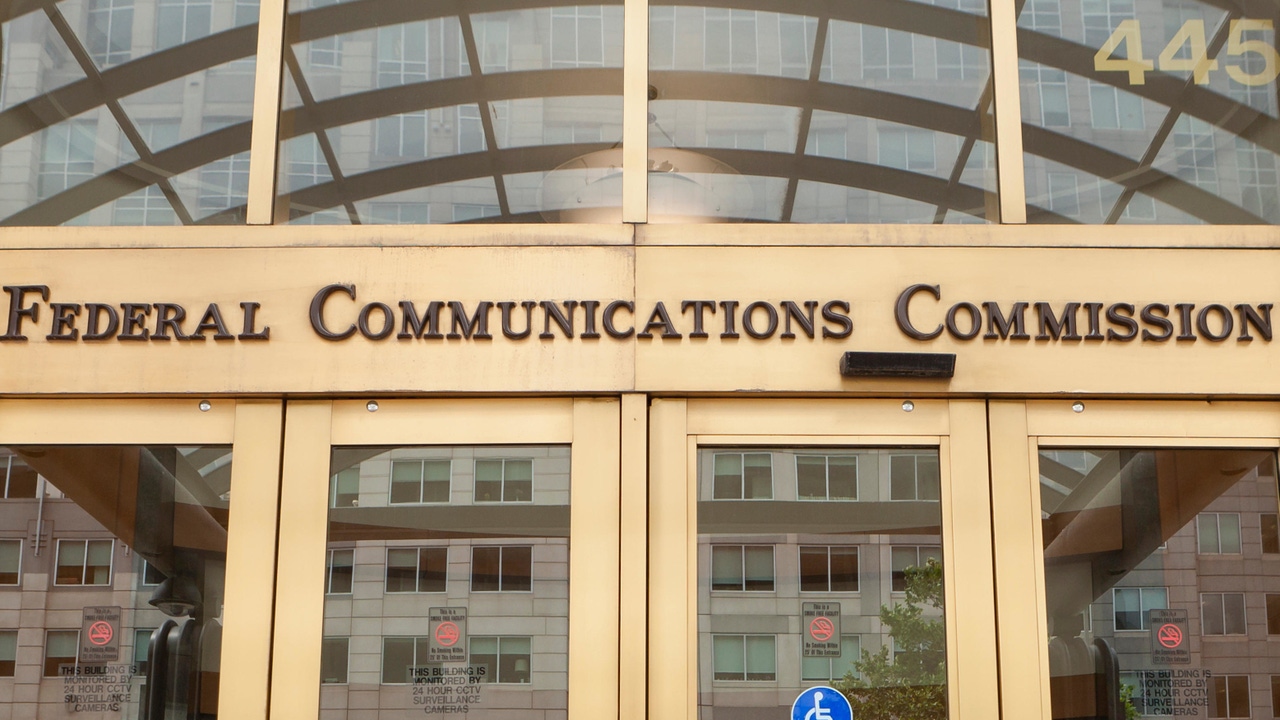Industry wades in as Rosenworcel again asks for Rip and Replace cashIndustry wades in as Rosenworcel again asks for Rip and Replace cash
The US telecoms industry's smaller players this week backed FCC chair Jessica Rosenworcel's call to Congress for more money to fund the removal of Chinese network equipment.
December 3, 2024

The Competitive Carriers Association (CCA) described the lack of funding for the Secure and Trusted Communications Networks Program programme, or Rip and Replace, as it is better known, as "alarming and far-reaching."
"Participants in the Program who are the sole communications provider for rural and remote areas have already shut down portions of their networks, depriving communities of connectivity and essential services, including 9-1-1 and emergency services," the CCA wrote, in a statement attributed to its president and CEO Tim Donovan.
"Additionally, lack of full funding poses grave risks to US national security, as insecure foreign-made communications equipment remains operational," it said. "Congress must prioritize full funding of Rip and Replace before the end of the 118th Congress. The stakes are too high to delay."
The statement from the CCA – whose members are the very telcos that need the funding in question – came after the FCC's outgoing chairperson penned a new missive to Congress reiterating the need to allocate more money to the programme.
"As detailed in my earlier letters, this program to replace insecure equipment in the networks of 126 carriers faces a $3.08 billion shortfall, putting both our national security and the connectivity of rural consumers who depend on these networks on at risk," Rosenworcel wrote in a letter dated 26 November.
That information is not new. Rosenworcel shared that same figure back in May, when she submitted a very similar letter to Congress. The government has allocated $1.9 billion to Rip and Replace, but has approved applications from telcos that collectively need $4.98 billion to carry out the necessary work. But it is significant in that it probably represents a last-ditch attempt on her part to help US telcos remove Chinese equipment from their networks, kit from Huawei and ZTE in particular, before she makes way for a new FCC chair – President-elect Donald Trump has already named Brendan Carr to the post – in January.
And to back up her request for money, Rosenworcel shared some new data on the progress of the Rip and Replace programme, and to put it mildly, it's not going too well.
In total the FCC has approved 126 applications for funding under the programme but as of 20 November just 30 had completed the work, Rosenworcel said.
"Though these recipients were able to complete the necessary work prior to the expiration of their deadline, many have additional invoices to submit should Congress appropriate additional funding," she explained.
The remaining applicants are working towards deadlines of anywhere between 24 November and 21 June 2025, the FCC having approved 139 requests for additional time, she said. The implication here is clearly that many will struggle to meet their targets.
Indeed, in the latest round of status updates on the programme, filed on 7 October, 72% indicated that the lack of full funding is an obstacle to switching out all the required equipment, and 50% of participants said they would not be able to complete the work without additional government funding.
"Some participants in the Reimbursement Program have informed the Commission that they fear that they may need to shut down portions of their networks and withdraw from this process without completing the removal of insecure equipment," Rosenworcel warned. "Because so many of the Reimbursement Program participants serve rural and remote areas of the country, any shut down of network facilities could remove the only provider available," she said. "Moreover, the inability of any participant to fully remove, replace, and dispose of equipment and services contemplated under the law raises serious national security concerns."
It's the kind of rhetoric that should appeal to those who control the purse strings. But the same was true six months ago and the additional funding has not materialised. She is fighting an uphill battle, despite the increased anti-China sentiment in the US.
About the Author
You May Also Like










.png?width=300&auto=webp&quality=80&disable=upscale)


_1.jpg?width=300&auto=webp&quality=80&disable=upscale)